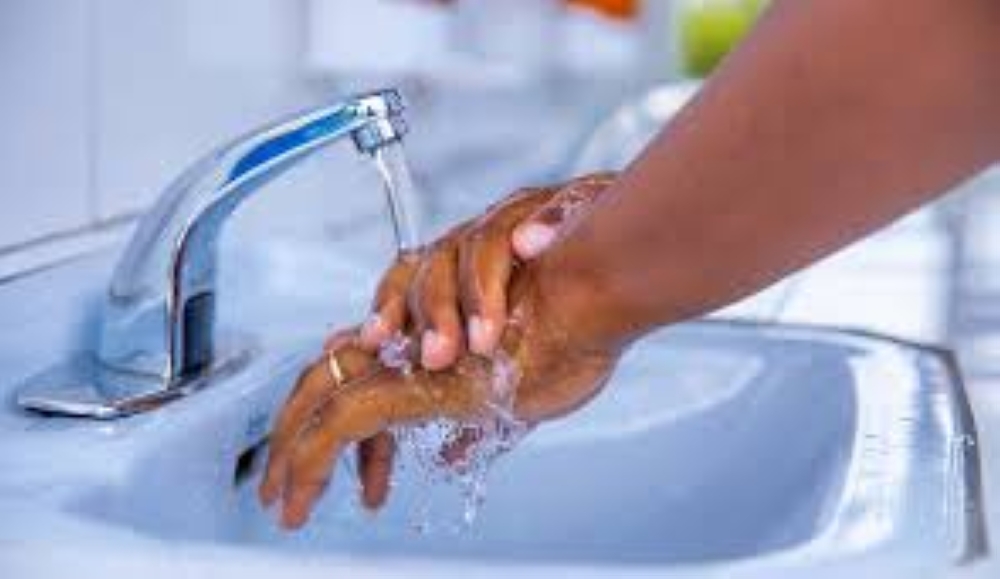

Personal hygiene aims to promote standards of cleanliness within the setting of the conditions where people live. Personal hygiene includes bathing, clothing, washing hands after the toilet, care of nails, feet, and teeth; spitting, coughing, sneezing, personal appearance, and other healthy habits.
Hygiene, as defined by the WHO refers to the conditions and practices that help maintain health and prevent the spread of diseases. This means more than just keeping ourselves clean. This means shunning all practices that lead to bad health. Throwing garbage on the road, defecating in the open, and many more. By adopting such a practice, we not only make ourselves healthier but also improve the quality of our lives. As is commonly said, cleanliness is next to Godliness.
Personal hygiene involves several key practices to maintain cleanliness and health. Hand hygiene, such as washing hands with soap for at least 20 seconds, is essential to prevent illness. Oral hygiene includes brushing, flossing, and regular dental visits to avoid cavities and gum disease. Daily bathing, using soap and water, and wearing clean clothes ensure body hygiene. Hair hygiene involves regular washing to prevent dandruff and maintain scalp health, nail hygiene focuses on keeping nails short and clean to avoid infections. Clothing and laundry hygiene require wearing and washing clothes regularly. Respiratory hygiene, like covering the mouth and nose when coughing or sneezing, helps prevent the spread of germs.
Maintaining good hygiene doesn’t require much, it just needs access to water, and soap—cleanliness is a mindset. Clean clothes, trimmed nails, and covering your mouth while coughing or sneezing are simple yet effective practices. Regular washing of clothes and ensuring they are properly cleaned contributes to overall cleanliness. Good hygiene is more about a consistent mindset and attention to basic practices rather than complex routines or expensive products.
Studies in developing countries evaluating interventions to promote personal and domestic hygiene in addition to safe water and food practices have documented improved health outcomes with improved hygiene practices. If we think of public health as a toolbox, then access to safe water and sanitation, along with the practice of good hygiene, are public health tools that can be leveraged to achieve the goal of good health and well-being for all.
Other tools in this toolbox include vaccinations and proper nutrition. A study in Rwanda examined the association between sociodemographic factors and diarrhoea in children under five years using the data of 7,474 households in the 2014-2015 Rwanda Demographic and Health Survey.
The overall prevalence of diarrhoea in this study was 12.7% in children under five years of Age. Another study showed that diarrhoeal disease is ranked as the third leading cause of mortality in children under five years and was responsible for 18.3% of childhood deaths in 2015 in Rwanda. A study on factors contributing to diarrhoeal diseases among children less than five years old in Nyarugenge District showed that lack of clean water and inadequate hygiene and sanitation were the biggest contributors.
Rwanda’s Economic Development and Poverty Reduction Strategy (EDPRS) 2 aimed for 100% sanitation service coverage by 2017/18, recognising the critical role of sanitation in social, and economic development, poverty reduction, and public health. The Government has prioritised sustainable sanitation services within its National Development Agenda, supported by the Ministry of Infrastructure’s National Sanitation Policy.
Basic hygiene knowledge and practice are essential for public health. Easy steps like routine hand washing, handling food with care, and keeping oneself clean can greatly limit the spread of infectious diseases. A society that values hygiene and has access to clean water and soap are essential components of a healthy community.
In addition to helping individuals, these behaviours also reduce the strain on healthcare systems and help stop epidemics. In order to promote hygiene, educational programmes, and public health campaigns are essential, particularly in places with high population densities and poor access to healthcare.
For long-term gains in public health, infrastructure for clean water and sanitation as well as hygiene education must be invested in. We can promote resilient communities, healthier environments, and sustainable development by making basic hygiene a priority.
Dr Vincent Mutabazi is an applied epidemiologist.
X: @VkneeM


